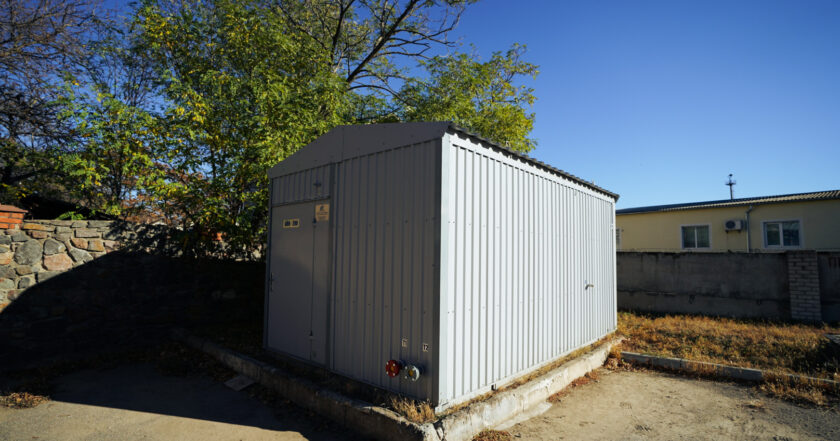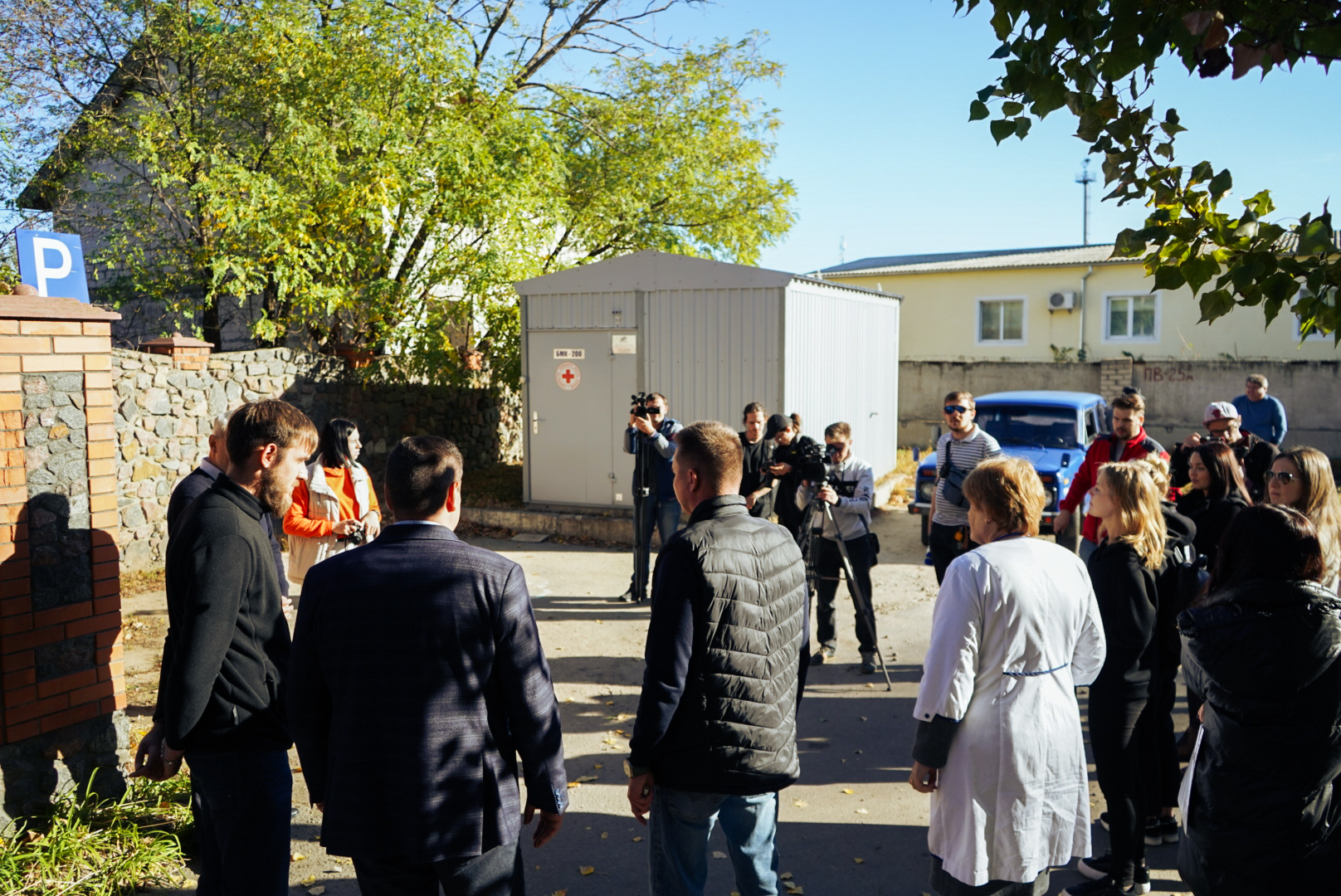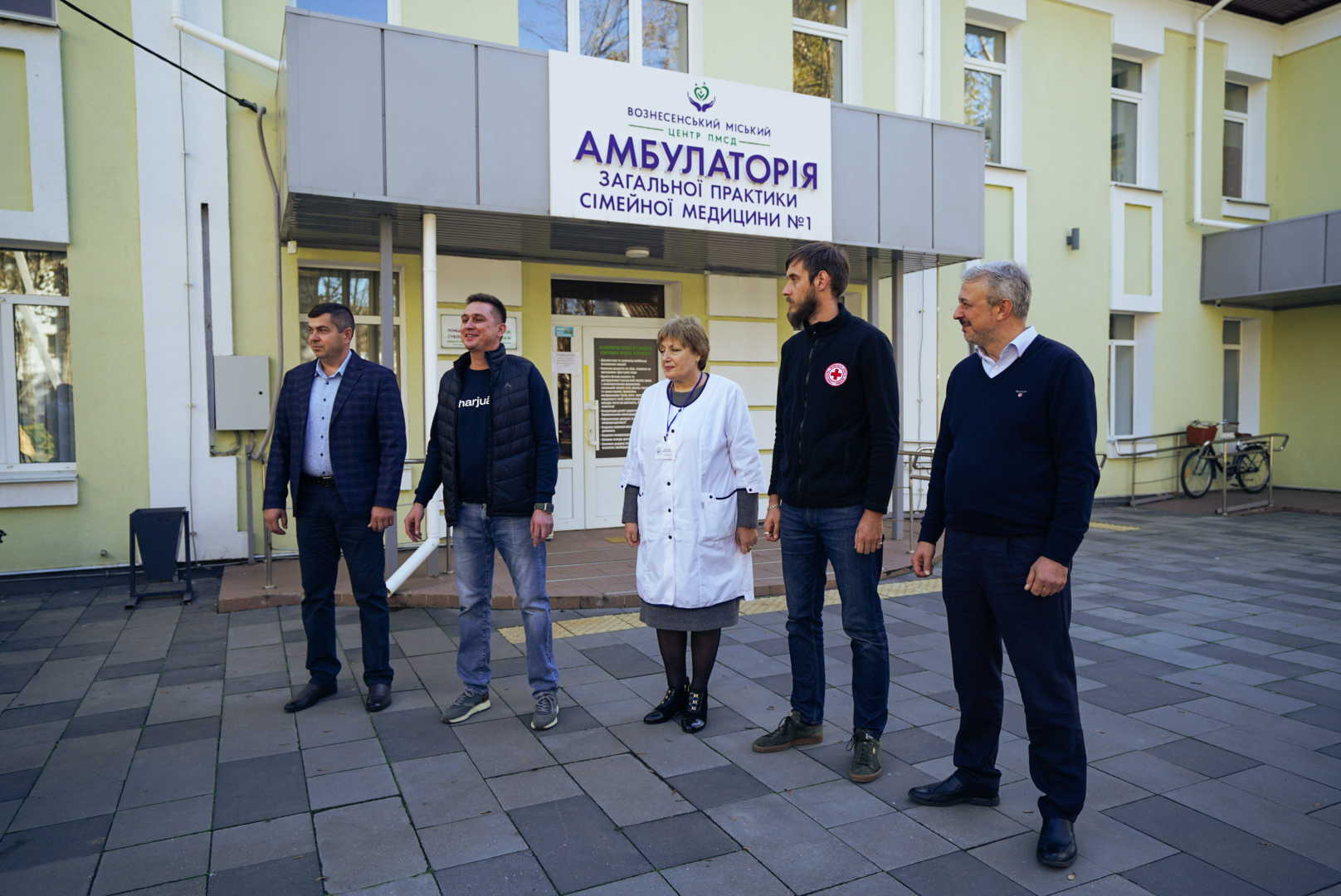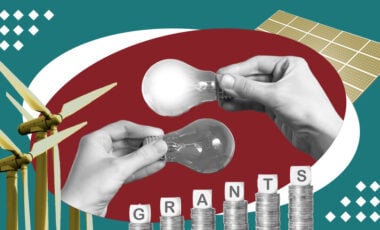Red Cross Ukraine and Coca-Cola deliver 37 mobile boiler houses to communities affected by war

Before the start of the heating season, the Ukrainian Red Cross, alongside Coca-Cola, handed over 37 mobile boilers to communities in dire need of assistance, the Red Cross Society in Ukraine reports.
What's the problem?
Amid the war against Ukraine, Ukrainian energy and critical infrastructure are under constant attack. The same was true last winter when Russian rockets and drones massively struck Ukrainian energy facilities, causing power outages and heating and water supply shutdowns.
"We remember the past winter and the difficulties that Ukrainians faced during the shutdown of heating in many Ukrainian cities," said Andrii Bublyk, Director of Corporate Relations and Sustainable Development at Coca-Cola HBC in Ukraine, Armenia, and Moldova.

What's the solution?
Coca-Cola purchased 37 boilers from a Ukrainian manufacturer, which will heat hospitals, schools, and residential buildings.

How does it work?
"Last winter, the Ukrainian Red Cross supplied essential equipment to critical infrastructure sites, hospitals, shelters, and communities to give people warmth and light. We began preparations for the winter of 2024 in the spring because we understand how vital assistance is during times of war," said Maksym Dotsenko, General Director of the National Committee of the Ukrainian Red Cross Society. "Thanks to the support of our long-term partner, the Coca-Cola System in Ukraine, we provide heating equipment to dozens of communities for schools, kindergartens, hospitals, and high-rise residential buildings."
According to the estimates, the mobile boilers will be able to provide warmth to over 42,000 people. The installed boilers were manufactured by a Ukrainian producer upon the request of the Ukrainian Red Cross, with financial support from Coca-Cola:
- Nine boilers with a capacity of 200 kW,
- 19 boilers with a capacity of 500 kW,
- Nine boilers with a capacity of 1000 kW.

The boilers run on natural gas, which is sufficiently produced in Ukraine for internal needs, and can also switch to diesel fuel in case of gas supply interruptions.
Most of the boilers were permanently installed to replace ruined and worn-out ones. In a few cities where the heating system is at its limits, these boilers are used as backups in emergencies.
The mobility of these boilers, their ability to be moved and quickly installed, is particularly important now.
The recipients of the boilers are mostly municipal enterprises that provide heat to their local communities — the local, territorial communities became owners of the boilers.
The Ukrainian Red Cross, in coordination with government authorities, identified communities in the greatest need of support during the winter period and ensured control over the supply and installation of the boilers in the communities by the manufacturer.
Coca-Cola allocated approximately $3.5 million for the project. Overall, since the start of the full-scale war, Coca-Cola, its beverage partners, and the Coca-Cola Foundation have provided humanitarian aid for Ukraine amounting to $30 million.
Background
Mobile boilers are mobile buildings installed near heated buildings. Their installation does not require major construction work. The mobile boiler functions similarly to a regular one.
The main advantages of such boilers are:
Significant savings in costs and time for construction work, as there's no need to build a special building to install the boiler.
A modular boiler comprises separate blocks that can be assembled in the required place within a fairly short period. Due to their compact size, no special equipment or permits are required for transportation.
During operation, this setup doesn't require constant human monitoring. The servicing frequency depends on the size of the bunker.
The main feature of modular boilers is that their capacity can be easily increased with additional boilers when the demand grows. Installation works are extremely fast.
The system itself uses all the energy released during fuel combustion, so nothing is wasted in transit.
As Rubryka reported, with the support of the Ukrainian Red Cross, ten street bomb shelters will be installed in Kherson in locations with the largest number of people.
Moreover, the Ukrainian Red Cross has installed three more mobile shelters near clinics and crowded places in the Kherson region.
It was reported that the Ukrainian Red Cross initiated the "Access to Safe Water" project and has already installed the first water purification station in the Myrivka community in the Dnipropetrovsk region.





















































